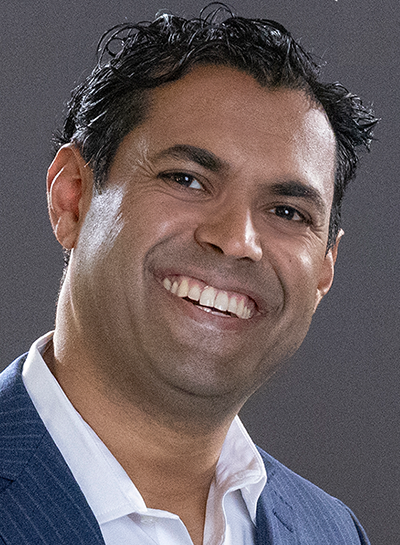
Long Branch Mayor & Council and Chief Roebuck at odds over Public Safety Director
September 14, 2020
“Oyster Point of View” this Sunday
September 14, 2020By Vin Gopal, Eric Houghtaling and Joann Downey
Hammering out a state budget in the time of COVID-19 is a balancing act that weighs the current $10 billion shortfall in revenues against the needs of residents who are hurting because they have lost their jobs or rely on state programs that are threatened by a lack of funding in the state’s proposed spending plan.
This week, we introduced budget resolutions to fund programs and facilities that we believe are high priorities in helping Monmouth County residents get through the trying months ahead.
A top priority of ours, and for Monmouth County children, parents and property taxpayers are stopping proposed reductions in state aid to schools due to the revamped school funding formula. We cannot let this happen at a time when school districts are hard pressed to meet the expenses of sanitizing classrooms, ensuring safe environments with enough personal protective equipment for students and teachers, and providing laptop computers for students attending school remotely.
We introduced a budget resolution to restore $14 million to Legislative District 11 towns. While the Asbury Park and Freehold Regional school districts face the biggest cuts, Allenhurst, Neptune Township, Neptune City, Eatontown, Ocean Township, Tinton Falls, Loch Arbour and Monmouth Regional High School also are scheduled for reductions in state funding.
Securing funding for our Federally Qualified Health Centers (FQHC) is a high priority. FQHCs, which are located in Asbury Park, Freehold, Long Branch and Red Bank, are the only source of health care for many of our most vulnerable residents. No one is ever turned away for lack of funds. FQHCs serve people who do not have health insurance as well as patients with Medicaid, NJ FamilyCare, Medicare and private insurance. If you’re uninsured, fees are charged based on your income level using a sliding fee scale.
FQHCs provide preventative health care, pediatric services, women’s health care, dental, behavioral and mental health care, HIV/AIDS counseling and testing, lab services and much more. To not fully fund FQHCs would put 584,500 patients across the state, including more than 301,000 Medicaid enrollees, at risk of losing their access to these vital services.
We also are seeking $1.3 million for State Centers for Independent Living, such as MOCEANS in Long Branch, so they can continue to provide information, instruction and support for people living with disability and their families. Many of these centers did not receive funding from the CARES Act.
We also will introduce a resolution to restore the $1.75 million reduction in the proposed FY 21 budget for independent colleges and universities such as Monmouth University from the $150 million in federal CARES Act funds. Under the current plan, only $1 million of the $150 million would be shared by the state’s 14 independent institutions of higher learning.
This virus doesn’t know the difference between public and private colleges, and the costs of keeping New Jersey’s 65,500 full-and part-time private college students safe is the same as their public counterparts. We need to make sure every student feels safe.
While the state budget may be a balancing act between revenues and costs, the impact on people’s lives and the long-term costs of failing to restore funding for local school districts, Federally Qualified Health Centers and independent colleges and universities will be much greater.
If we can assist you in any way, please or go to tinyurl.com/LD11Help and send us your question or call our District 11 Legislative office at (732) 695-3371 and a member of our team will assist you.





